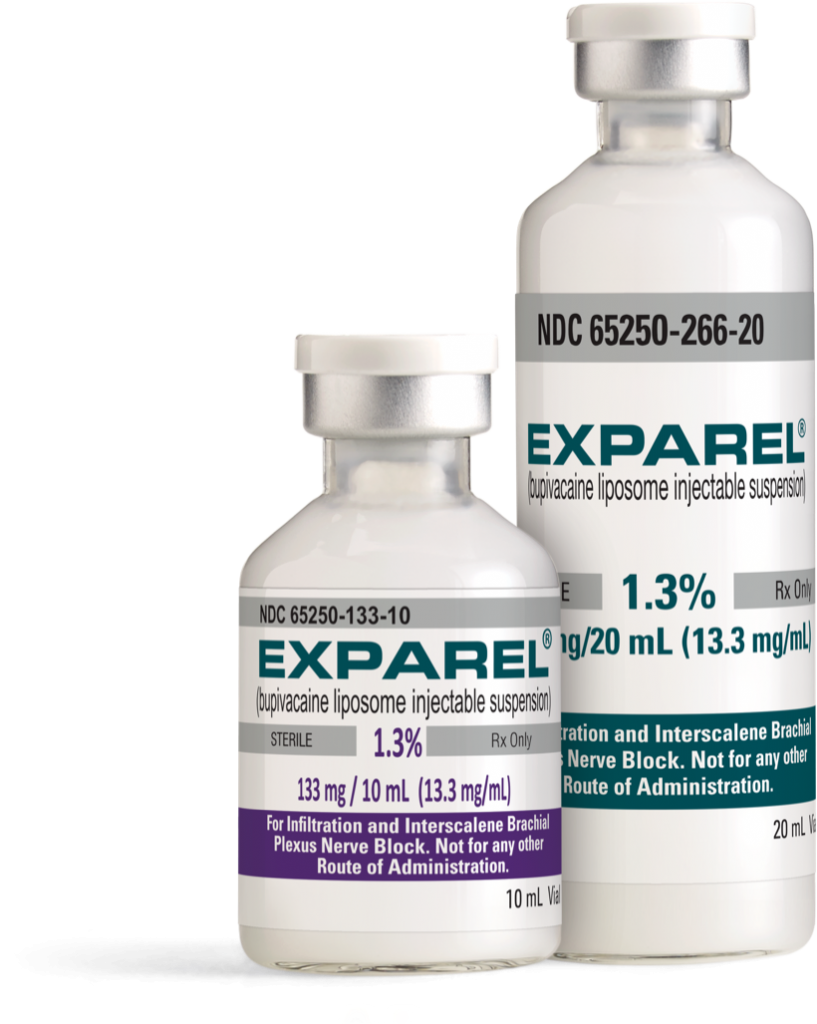
Cureus has retracted a pair of case studies after the authors revealed that the informed consent they’d received from the patients had been revoked.
The fate of articles — both by authors in the United Kingdom — highlight the precariousness of papers that rely on consent from patients or, in one instance, their proxies.
One paper, “Failure of an Ancient Breast Implant Can Lead to Significant Morbidity,” described the case of a 90-year-old woman who ruptured a 60-year-old breast implant. (The first silicone breast implants arrived in 1962, so the 60-year-old prosthesis would have been among the earliest to be inserted.)
According to the retraction notice:
Continue reading Two retractions spotlight the ethical challenges of consent for case reports







